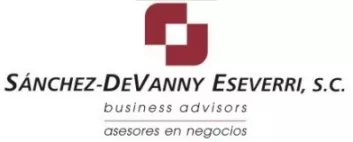Recently, the First Federal District Judge on Administrative Matters in Mexico City, resolved a Constitutional Claim ("Amparo") challenging Article 28, section XXX of the New Income Tax Law ("ITL"), as of the date it entered into force.
Section XXX of Article 28 of the ITL limits the deductibility of employer's payments considered an exempt item of income for its employees; such Article provides for a maximum deductibility rate of 0.53 of the total of payments made.
The District Judge established that the deductibility limit breaches the proportionality principle, since restricting structural deductions, like the ones foreseen in the challenged provision, are necessary and directly linked to the generation of profits, and has a negative impact on the taxpayer's income tax base. Consequently, the economic capacity of these taxpayers is not recognized to the extent these deductions are limited.
It is worth noting that the Judge considered that the sole entry into force of the new ITL affected the taxpayers from an economic and legal standpoint, and thus, gave them right to file this Constitutional Claim, disregarding the fact that the deductions are taken until the annual income tax return which should be filed in 2015.
The effect of the Constitutional relief granted is that the taxpayers may deduct the payments made in benefit of its employees, without taking the deductibility rate of 0.53 or 0.47, depending on the circumstances, which include fringe benefits, as well as the employees' social security contributions paid by the employer.
It is important to mention that the referred ruling is not undisputable, since the authorities have the right to file an appeal challenging it. This appeal will be definitely resolved by the Federal Circuit Courts or by the Supreme Court of Justice, according to the latter's criterion.
Originally published April 09, 2014
The content of this article is intended to provide a general guide to the subject matter. Specialist advice should be sought about your specific circumstances.


